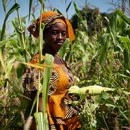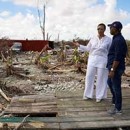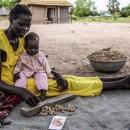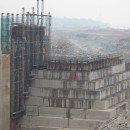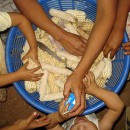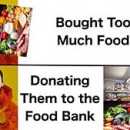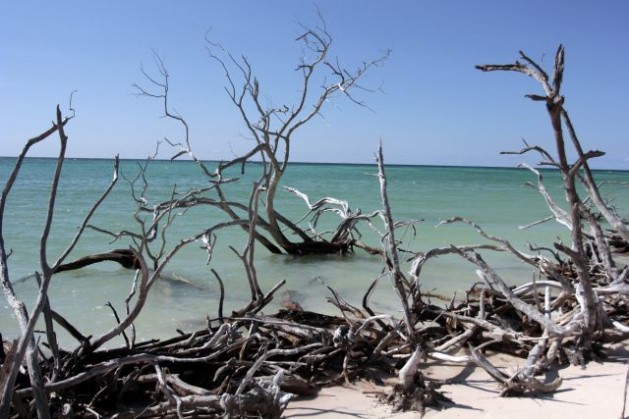Friday, June 9, 2023
News and Views from the Global South
Latin America & the Caribbean
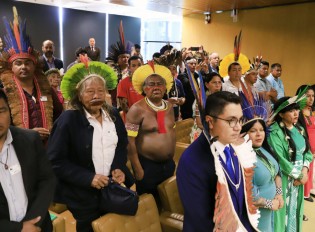
A 1904 Massacre Could Help Save the Future of Indigenous Peoples in Brazil
Children were thrown into the air and stabbed and cut with knives and machetes. The attackers first opened fire on the victims of the massacre before finishing them off with knives so that none of the 244 indigenous people of the village would survive. The 1904 massacre permanently marked the Xokleng people and may play a decisive role in the future of the native peoples of Brazil.
The U.S. Assault on Mexico’s Food Sovereignty
On June 2, the U.S. government escalated its conflict with Mexico over that country’s restrictions on genetically modified corn, initiating the formal dispute-resolution process under the U.S.-Mexico-Canada Agreement (USMCA).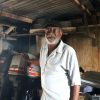
Rocky Point Fishers Await Sanctuary To Ease Environmental Issues, Low Fish Catch
Long before the COVID-19 Pandemic, fishers at the Rocky Point fishing beach in Clarendon were forced to venture farther out to sea to make a living or find alternatives to make ends meet.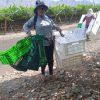
Peru’s Agro-Export Boom Has not Boosted Human Development
Peru’s agro-export industry is growing steadily and reached record levels in 2022. But this has not had a favorable impact on human development in this South American country, where high levels of inequality, poverty, childhood anemia and malnutrition persist, as well as complaints about the poor quality of employment in the sector.
Menstrual Health and Hygiene Is Unaffordable for Poor Girls and Women in Latin America
Menstrual hygiene management is elusive for millions of poor women and girls in Latin America, who suffer because their living conditions make it difficult or impossible for them to access resources and services that could make menstruation a simple normal part of life.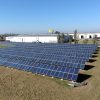
Cooperatives in Argentina Help Drive Expansion of Renewable Energy
When the residents of Armstrong, a town of 15,000 in western Argentina, began to meet to discuss a renewable energy project, they agreed that there could be many positive effects and that it was not just a question of doing their bit in the global effort to mitigate climate change.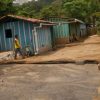
Rainwater Harvesting Brings Hope for Central America’s Dry Corridor – Video

Chile: New Constitution in the Hands of the Far Right
On 7 May, Chileans went to the polls to choose a Constitutional Council that will produce a new constitution to replace the one bequeathed by the Pinochet dictatorship – and handed control to a far-right party that never wanted a constitution-making process in the first place.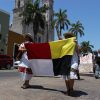
Government Financing for Mayan Train Violates Socio-environmental Standards
Mexico’s development banks have violated their own socio-environmental standards while granting loans for the construction of the Mayan Train (TM), the flagship project of the presidency of Andrés Manuel López Obrador.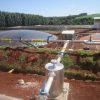
Livestock Producers Seek to Integrate Biogas and Animal Protein Market in Brazil
It is the “best energy,” according to its producers, but biogas from livestock waste still lacks an organized market that would allow it to take off and realize its potential in Brazil, the world's largest meat exporter.
Women’s Cooperatives Work to Sustain the Social Fabric in Argentina
Nearby is an agroecological garden and a plant nursery, further on there are pens for raising pigs and chickens, and close by, in an old one-story house with a tiled roof, twelve women sew pants and blouses. All of this is happening in a portion of a public park near Buenos Aires, where popular cooperatives are fighting the impact of Argentina's long-drawn-out socioeconomic crisis.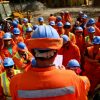
The Workweek Is Still Long in Latin America
The reduction in the workweek recently approved by the Chilean Congress forms part of a trend of working fewer hours and days that is spreading in today’s modern economies, but also highlights how far behind other countries in Latin America are in this regard.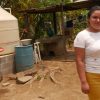
Rural Women’s Constant Struggle for Water in Central America
“This is a very difficult place to live, because of the lack of water,” said Salvadoran farmer Marlene Carballo, as she cooked corn tortillas for lunch for her family, on a scorching day.
Energy Crisis in Cuba Calls for Greater Boost for Renewable Sources
Long lines of vehicles outside of gas stations reflect the acute shortage of diesel and gasoline in Cuba, which has had negative impacts on an economy that is highly dependent on fuel imports and has only a small proportion of renewable sources in its energy mix.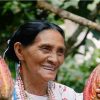
UNDP Assistance Helps Farmers to Meet New EU Deforestation Rules
In 2015, just over 30 cocoa farmers from Padre Abad in Ucayali, a province in the lush and ecologically diverse Peruvian Amazon, formed an alliance to tackle long-standing concerns such as soil quality, access to markets, fair prices for their produce and a growing number of illegal plantations. The result was the Colpa de Loros Cooperative, and from the start, the goal was to produce the finest quality, export-ready cocoa.
Holistic Education Support in Colombia Extended to Counter Snowballing Learning Crisis
The largest external displacement crisis in Latin America’s recent history is unfolding as countries open their borders to an influx of refugees from Venezuela following unprecedented political turmoil, socio-economic instability, and a humanitarian crisis.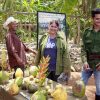
Biogas and Biomethane Will Fuel Development in Cuban Municipality
The first five biomethane-fuelled buses in the Cuban municipality of Martí will not only be a milestone in the country but will also represent a solution to the serious problem of transportation, while reducing emissions of greenhouse gases and bolstering local development.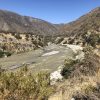
Chile’s Water Vulnerability Requires Watershed and Water Management
Good management of the 101 hydrographic basins which run from the Andes mountain range to the Pacific Ocean is key to solving the severe water crisis that threatens the people of Chile and their main productive activities.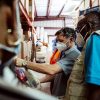
From Recovery to Resilience: Volcanic Eruption in Saint Vincent & the Grenadines Two Years on
On the morning of 9th of April 2021, the La Soufrière Volcano on the main island of St. Vincent and the Grenadines erupted -filling the sky with ash and transforming the lives, livelihoods and landscape of this small Southern Caribbean nation.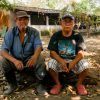
El Salvador Still Lacks Policies to Bolster Food Security
Sitting under the shade of a tree, Salvadoran farmer Martín Pineda looked desperate, and perhaps angry, as he said that governments of different stripes have come and gone in El Salvador while agriculture remains in the dumps.
“Trigger-Happy” Laws Expand in Latin America
Violence involving organized crime has made Latin America the most dangerous region in the world and has helped paved the way for a repressive kind of populism with a dangerous future, whose most visible symbol is Nayib Bukele, the president of El Salvador.Next Page »

